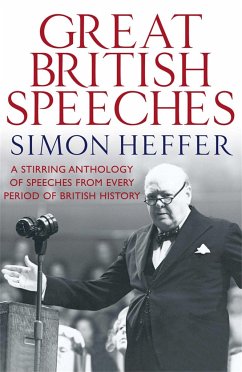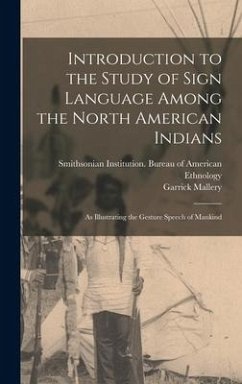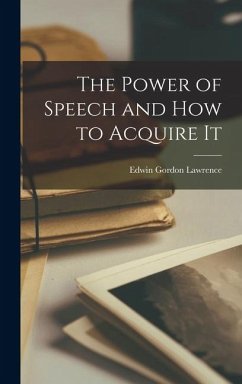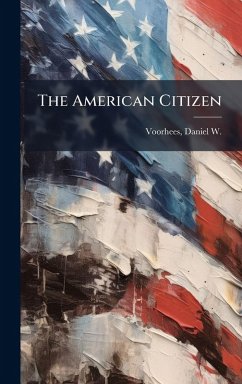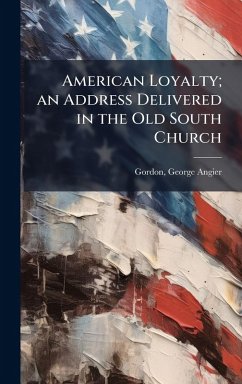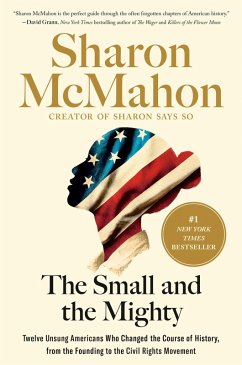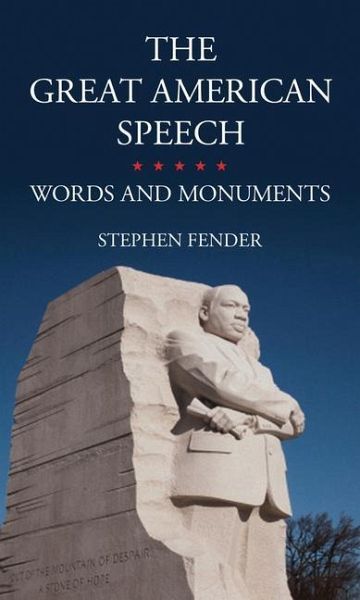
The Great American Speech
Words and Monuments

PAYBACK Punkte
12 °P sammeln!
The land of the free and home of the brave, America is also the country in which this truth is supposedly self-evident: that we are all equal. It may not seem so at first, but there is a startling gap between these two visions of America, one more evident in today's fiercely partisan politics that pit free enterprise against social justice. In this fascinating look at America's most memorable speeches--which have become monuments in national memory--Stephen Fender explores the ways American speechcraft has kept alive a dream of equality and cooperation in the face of economic forces that have ...
The land of the free and home of the brave, America is also the country in which this truth is supposedly self-evident: that we are all equal. It may not seem so at first, but there is a startling gap between these two visions of America, one more evident in today's fiercely partisan politics that pit free enterprise against social justice. In this fascinating look at America's most memorable speeches--which have become monuments in national memory--Stephen Fender explores the ways American speechcraft has kept alive a dream of equality and cooperation in the face of economic forces that have favored competition and the pursuit to get ahead. Beginning with the early American settlers and the two contrasting visions they set out--one competitive, the other cooperative--Fender traces the development of the latter through a series of dramatic addresses. He examines the inaugural speeches of early presidents such as John Adams and Thomas Jefferson, moving to Abraham Lincoln's arguments--at once logical and passionate--for maintaining the Union, and then on to the twentieth century's great orators, such as John F. Kennedy and Martin Luther King Jr. He also looks at the notion of the "great American speech" in popular culture, exploring both the usual places--such as movie courtroom scenes--where it pops up, as well as its unexpected ubiquity in adventure films, thrillers, or any story where equality and justice come under threat. Through his exploration of great speeches, Fender paints the picture of two simultaneous and free-standing visions of American identity, offering a sophisticated look at American ideological history.




